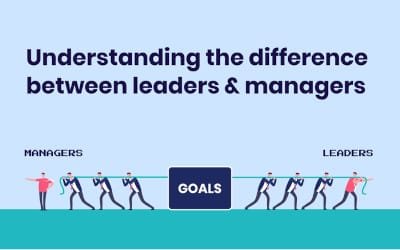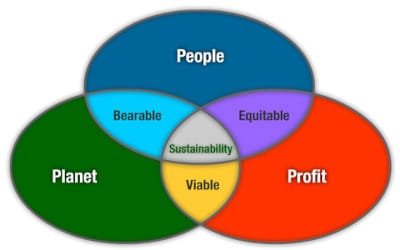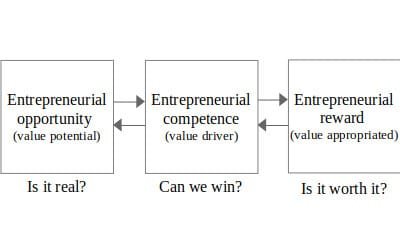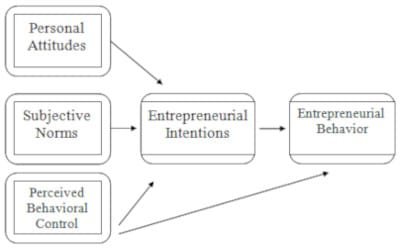Articles
Inclusion of Networking for Women and Minority Group Members in the Workplace
Modern businesses continue to be dominated by men of the majority community, despite increasing entry of women and members of minority groups. Research has revealed that members of this group tend to, both intentionally and unintentionally interact with people of their own groups on account of homophilous reasons, thereby excluding access to women and members of ethnic minorities.
This results in considerable disadvantages for the excluded groups because network occurrences and dynamics often result in formal decisions for promotions, inclusion in new projects and giving of new responsibilities.
Insights on Management and Leadership
Management theory has come a long way, thanks to the hard work of many researchers and experts (DuBrin, 2009). A legendary management guru, Peter Drucker, summed up management as giving direction, providing leadership, and making smart decisions about resources (Drucker, 1994). Basically, it’s about getting things done and developing people along the way (DuBrin, 2009). In today’s business world, it’s all about putting the customer first and staying ahead of the competition. But that can sometimes lead to tough decisions about ethics and responsibility. This portfolio aims to help leaders and managers navigate these challenges while staying true to their values and commitments.
Innovation & Change are Central to Value Creation
The achievement and effective use of knowledge is widely accepted by contemporary managements, theoInnovation, as a concept, has been examined and developed over time, which, in turn, has resulted in the creation of several definitions. Innovation entails the conversion of an idea into a solution that results in addition to value from the perspectives of customers. Customers are unlikely to change their buying behaviour if an innovative product does not result in value addition for them. Innovation involves the application of useful and novel ideas; creativity comprises the seed of innovation but is likely to remain in the realm of idea generation until and unless it is applied and scaled suitably).
Organisational change constitutes the process of alteration of organisational strategies, processes, procedures, technologies, and culture.rists and researchers to be the chief source of competitive advantage of modern day business organisations.
Impact of Corporate Social Responsibility
Corporate Social Responsibility (CSR) is truly one of the most puzzling aspects of today’s business world (Visser, 2008). It’s evolving rapidly, appearing to be both complex and yet somewhat unclear (Visser, 2008). Despite efforts from academic experts and management practitioners to define CSR, there’s still no universally accepted definition (Visser, 2008). The World Business Council for Sustainable Development takes a stab at it, defining CSR as: “the ethical behaviour of a company toward society; management acting responsibly in its relationship with other stakeholders who have a legitimate interest in the business. It’s the commitment by business to act ethically, contribute to economic development, and improve the quality of life of the workforce, their families, and the local community and society at large.” (Petcu et al., 2009, p. 4)
Theories of Entrepreneurial Opportunity
The study of entrepreneurship isn’t just about admiring successful entrepreneurs from afar. It’s about digging deep into why they do what they do, when they do it, and how it all plays out in the end. It’s like peeling back the layers of an onion to uncover the juicy bits inside.
And to tackle these burning questions, we’ve got two heavyweights in the ring: the Discovery Theory and the Creation Theory. These bad boys are all about figuring out why humans do what they do and how it helps them achieve their goals.
Behavioural Theories and Entrepreneurship
Management and behavioural experts have delved into entrepreneurship extensively, and there’s a whole body of work on the topic. Lazear paints a broad picture, defining an entrepreneur as someone who starts a new venture. But that definition lumps together someone opening a small local business with giants like Jeff Bezos or Steve Jobs. Sure, there’s some truth there, but it’s tricky to draw general conclusions about entrepreneurship because it comes in so many shapes and sizes. Entrepreneurship research tackles big questions like why some people dive into entrepreneurial ventures while others with similar talents and energy don’t, and why some spot entrepreneurial opportunities while others miss them.
Marketing for Small and Medium Enterprises in the UK
Small and Medium Enterprises (SMEs) make up a diverse collection of business organisations that operate mostly in the trade, manufacturing, agri-business and services sector in the UK. The SME segment is marked by diversity and variety, incorporating village handicrafts as well as sophisticated computer software businesses. Some of these SMEs are extremely dynamic, innovative and entrepreneurial, even as others are happy to remain small and continue their established businesses.
Globalisation Challenges
Globalisation is the tendency of the public and economies to move towards greater economic, cultural, political, and technological interdependence. It is a phenomenon that is characterised by denationalisation, (the lessening of relevance of national boundaries) and is different from internationalisation, (entities cooperating across national boundaries). The greater interdependence caused by globalisation is resulting in an increasingly freer flow of goods, services, money, people, and ideas across national borders.
Does Capital Structure Matter
The capital structure of a modern corporation is, at its rudimentary level, determined by the organisational need for long-term funds and its satisfaction through two specific long-term capital sources, i.e. shareholder-provided equity and long-term debt from diverse external agencies (Damodaran, 2004). These sources, with specific regard to joint stock companies, retain their identity but assume different shapes.
Actions and Behaviour of Employees at Work
Notwithstanding the evolution of management theory and practice towards control of employee behaviour, failures in controlling of employee behaviour keep on happening and are considered to be one of the main reasons behind the continuing difficulties in the management of change. This area of organisational behaviour continues to attract significant attention.
The Impact of Culture on Consumer Behaviour
It is recognised that consumer behaviour can be very substantially influenced in various areas by the cultures and cultural backgrounds of individual consumers. The cultures of consumers are shaped by various inputs like national background, regional characteristics, language, religion, customs and traditions, ethnicity and parental influence.
Ethical and Governance Challenges for Businesses and Professionals
It is the duty of business organisations to refrain from engaging in actions that are harmful to their various stakeholders, including the society and the environment and furthermore work purposefully towards benefiting them.












